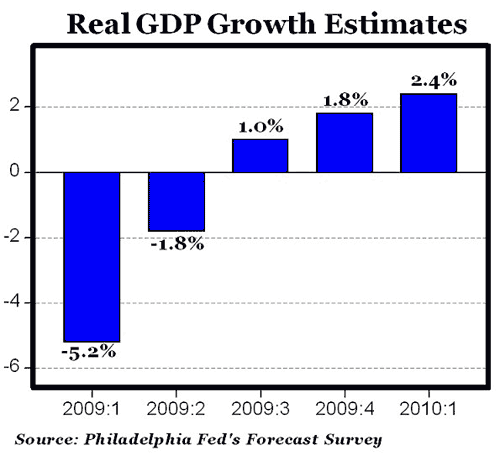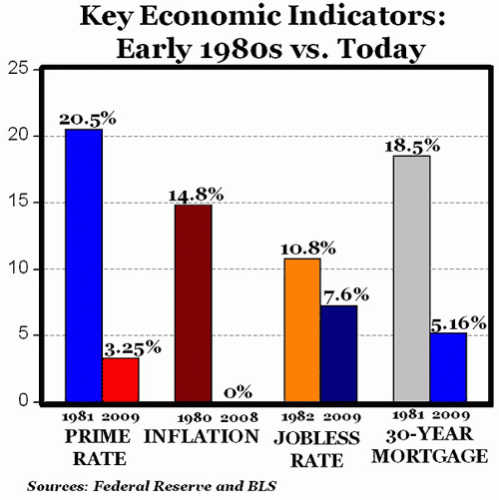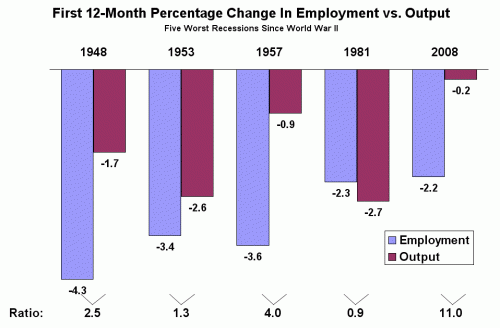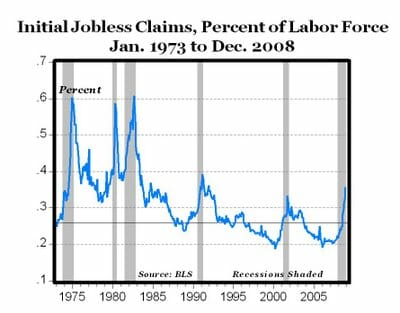Once upon a time, most entrepreneurs organized their business as what is called a C-Corporation. Most of the publicly traded corporations you can think of, from Avon to Zenith, are essentially C-Corporations. Such corporations had any number of advantages, but they had (and still have) one big, big disadvantage. C-Corporations paid federal income taxes at the corporate tax rates. And then, if after-tax profits were dividended to owners, those dividends would be taxed again. This double taxation of earnings is something Congress talks about all the time, but never does much about. And the implicit government tax subsidy for debt over equity does a lot to explain various waves of merger and LBO activity we have seen since the 1980's.
Now, entrepreneurs were not stupid. No one wants their hard-earned income taxed twice. So, entrepreneurs who owned C-corps would do one of two things. One approach was to have the owner pay himself a large salary, thus reducing corporate income and converting the dividends to more tax-advantaged wages. The other approach was to have the company issue the owner loans rather than dividends. I have seen many closely-held C-corps with huge accumulated corporate loans to their owners, which may only be unwound years or decades later when the company is sold or liquidated and profits can be taken out a lower capital gains rates.
Over the last 20 years or so, a new corporate vehicle called the sub-chapter S or S-corp has become popular. With a few limitations, the S-corp offers all the same liability protections as a C-corp, with a big tax advantage: S-corps are not subject to corporate taxes -- corporate profits of the owners flow straight through the corporation to the owners' 1040 personal returns, eliminating any double taxation (Limited Liability Corps or LLC's operate roughly the same, but with slightly different rules). For this reason they are also sometimes called pass-through entities.
It is interesting to note something I never hear mentioned when discussing aggregate personal income data, which is that the switch over time from entrepreneurs using the C-corp to the S-corp creates something of a discontinuity in the income data. Thirty years ago, much of the annual corporate earnings, and all of the retained earnings, of business owners would not show up in the IRS personal income data -- it shows up as corporate income, but not personal income. Today, nearly all of that corporate income of small business owners shows up as regular income on personal tax returns. Absent any other changes in income trends, business owners as a group will appear to have large increases in taxable income, when in fact economically nothing may have changed save the corporate structures of their businesses.
But the real point I want to make is that all of the retained income and potential investment capital of a small business using S-corps or LLCs (which is nearly everyone nowadays) shows up on the owner's personal income tax returns. Let's hypothesize an entrepreneur whose S-corp earns $250,000 in profits after-tax. Let's say he typically puts $150,000 of that to savings and living expenses, and the other $100,000 is reinvested in the growth and/or productivity of the business. Now let's look at proposed increases in upper income tax brackets. With these higher proposed rates, the business owner will have less than $250,000 in after tax income. Let's say it goes down to $220,000. Odds are that the owner will retain his lifestyle (he will as a minimum still have the same size mortgage and school and other payments). The slack, then, comes out of the retained earnings. Essentially, higher taxes result in less investment capital. In fact, we can see an increased tax rate on wealthier entrepreneurs and business owners could easily result in a dollar for dollar reduction in business investment among small businesses, acknowledged to be the place where most all new jobs are created.
I think readers know that I don't fully accept the Obama administration's analysis of this recession. However, let's take them at face value for a moment. They are concerned that savings of average people won't currently translate into more business investment, as they fear the credit crisis causes banks to hold the savings rather than re-lend it. If this were the case, then it would mean that as a policy, we would want to preferentially route tax savings to entrepreneurs and business owners who invest their own money directly, because their is no intermediary of a bank to interfere with the process. But in fact, this is exactly opposite of what the Obama administration is doing through tax policy, instead taking away the investment capital and retained earnings of entrepreneurs through higher taxes.
This is the European-style corporate state in a nutshell. In Europe, entrepreneurship is made extraordinarily difficult. This is part of the deal that the political elite have with the largest companies in their countries -- we will protect you from potential new competitors, we will bail you out when times get tough, and you in turn will support us politicians. One only has to look at the turnover of the top 30 companies in the US since 1970 vs. the top 30 in Germany or France to see this at work. Political turnover is even slower, as an elite group of ministers run the country, almost no matter the party voted in office. The economy as a whole suffers, but for the top 1000 or so men in power, the system works to protect their position, be it in government or in the largest industries.
And now we bring this system to the US. Small business owners and entrepreneurs are punished with higher taxes in order to bail out politically powerful but failing companies like GM or Citicorp. Welcome to America, the new corporate state.
Postscript: A lot of folks erroneously associate corporate states with right-wing governments, and certainly that was the case in Mussolini's Italy. But the closest brush the US has ever had with such a system (prior to today) was implemented by leftish FDR via the National Industrial Recovery Act, and governments of both left and right have supported the corporate state approach of France and Germany. In Britain, it was the left that built the corporate state and the right, under Thatcher, who tore it down.







